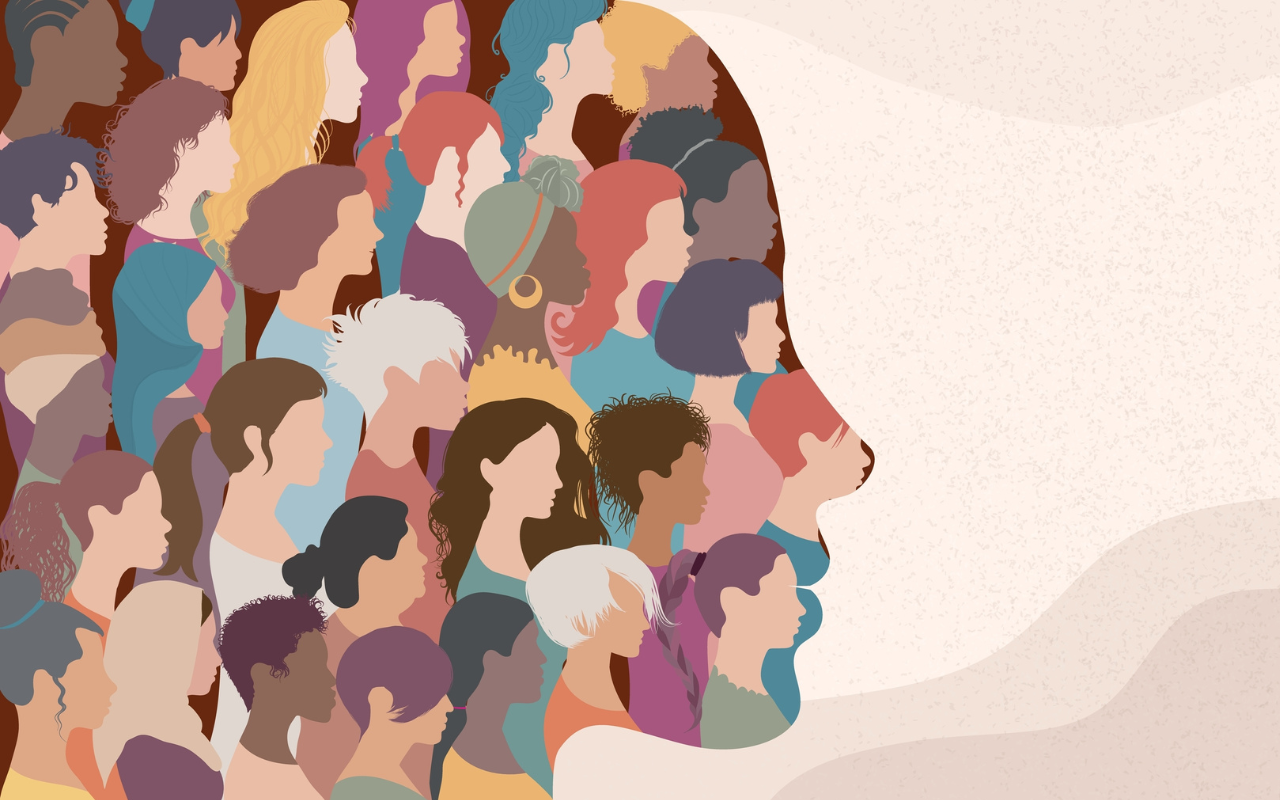This year’s International Women’s Day theme “Count Her In: Investment in Women. Accelerate Progress” is about examining the pathways to greater economic inclusion for women and girls everywhere.
For women in medicine, this year’s theme is poignant. Although there have been strides in advancing gender equality in medicine, disparities persist including the gender pay gap.
We spoke to five women in the medical field in Australia to find out what inspires them, what challenges they face, and what they hope for in the future.
Inspired to make a difference
Medicine isn’t just about diagnosing and treating ailments, it’s about understanding the art and science of healing. For many doctors like paediatric haematologist/oncologist and Clinical Research Fellow Dr Marion Mateos using this knowledge to help people is why she went into the profession.
“I always wanted to help people, and decided during high school that this was my path,” Dr Mateos said.
“In addition, both my grandparents in Mexico and my dad were all doctors. My grandmother was one of the first women, I believe, to graduate from medical school in Mexico City. My grandfather was a surgeon and had a pivotal role as a medic to lead the medical delegation at the Mexico Olympics in 1968.”
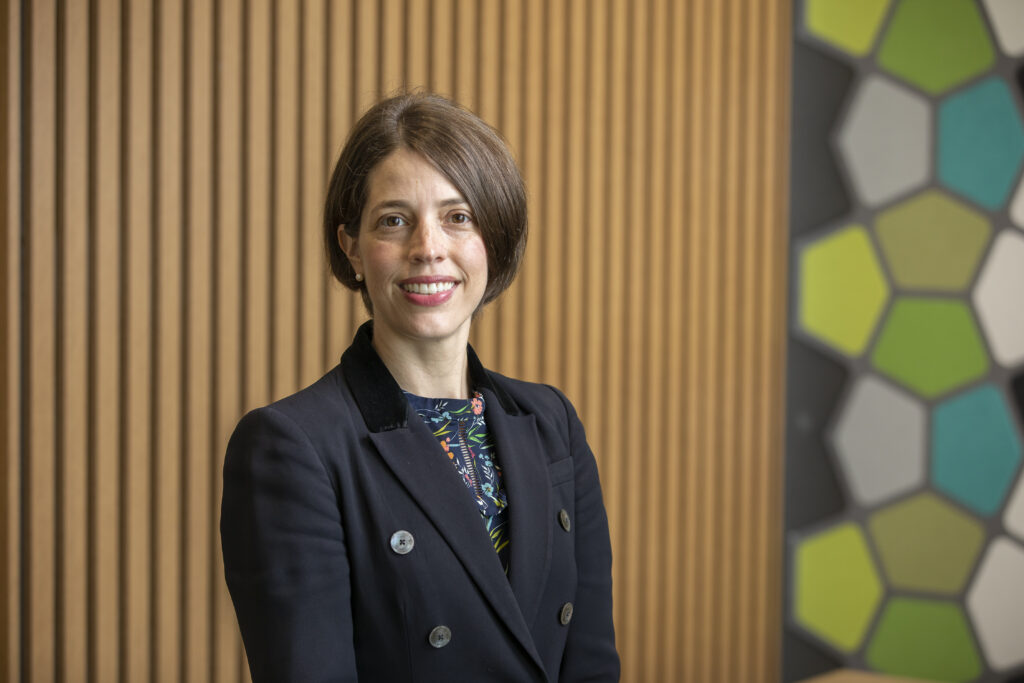
Sexual and reproductive health specialist, Dr Catriona Melville, initially chose the field of obstetrics and gynaecology because she loved the combination of medicine and surgery.
“I subspecialised in sexual and reproductive health after an inspiring six-month elective position when I realised that working in this marginalised area of medicine had a huge impact on people’s lives and wellbeing and was incredibly rewarding,” Dr Melville said.
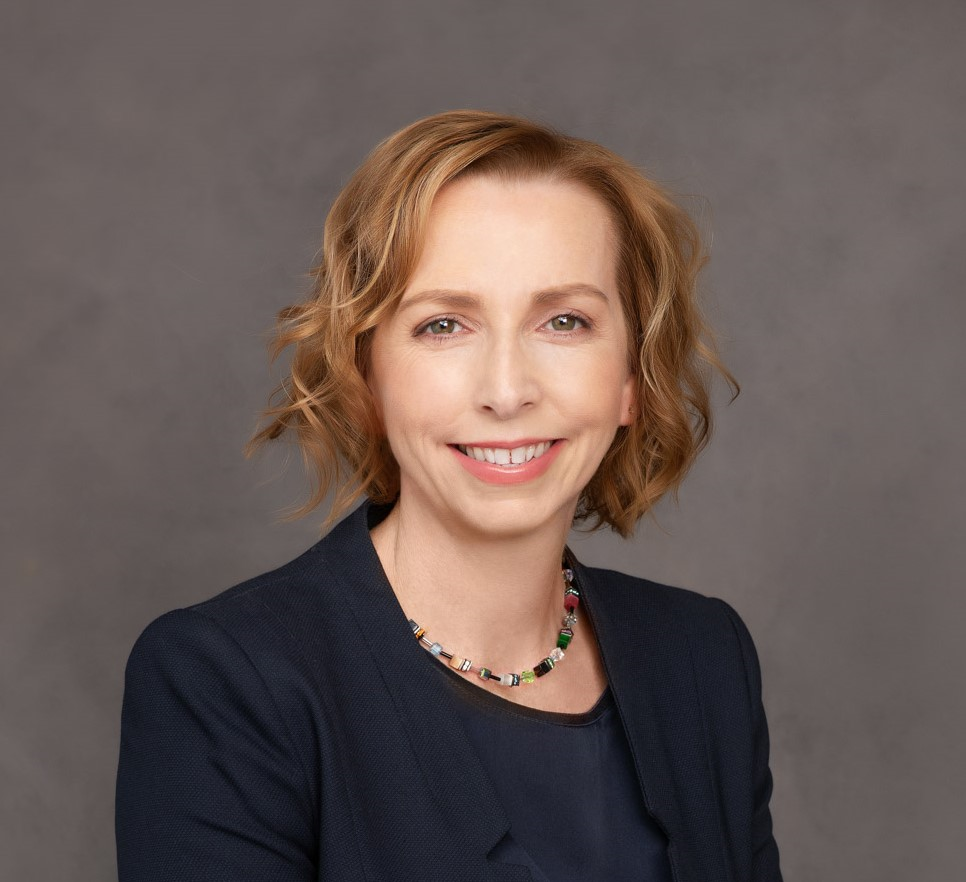
For general practitioner (GP) and former Medical Director of the United Nations Dr Jillann Farmer, it was fascination of science and a love of fixing people when they were injured.
“When I was a little kid at school, I was always the one who wanted to use the first aid kit to patch people up,” Dr Farmer said.
These days she thinks less about what why she became a doctor and more about what inspires her to remain one.
“That’s a really important question when you see that 19% of doctors in training are considering leaving the profession,” Dr Farmer said.
“And for that, the answer for me is the everyday realisation of what a privilege it is to reach for my grown-up equivalent of that school first aid kit and try and help people overcome their hurts, be they physical or psychological.”
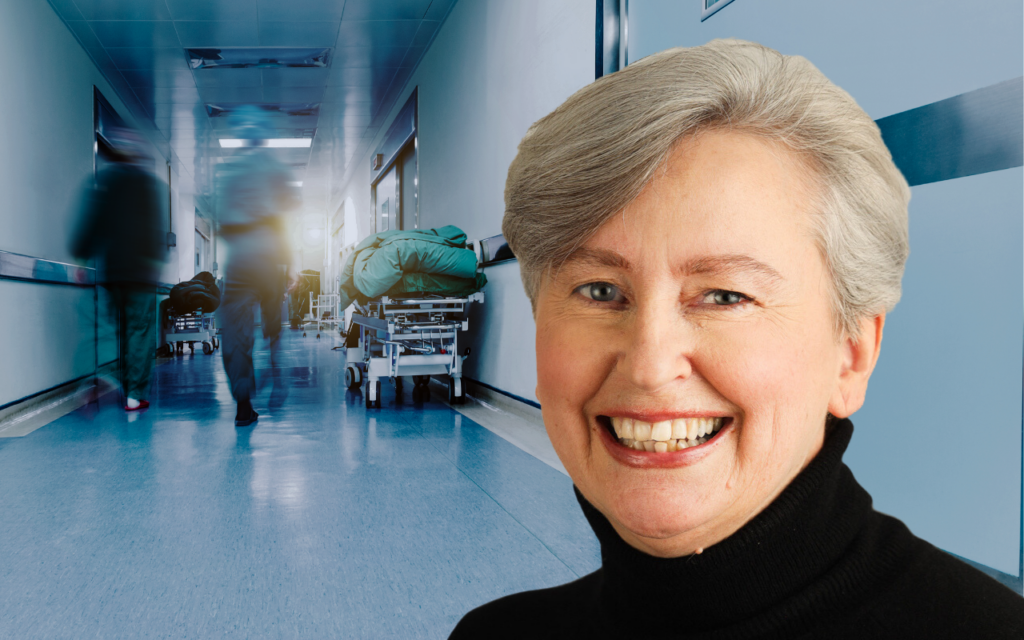
Being a woman in medicine
Being a woman in medicine has its own unique challenges. Despite there being plenty of articles about gender bias, the realities of working as a female GP, the gender pay gap and bullying behaviour in medicine, has anything changed yet?
Not according to Dr Farmer.
“I think we’ve made great strides towards equality in entry and graduation to medicine,” Dr Farmer said. “We are not as great at respecting women once they graduate. We have persistent gender pay gaps in medicine that don’t get talked about much, and even when women specialise in some areas, they get funnelled towards the ‘women’s section’ of the specialty.
“For example, I have never, ever promoted myself as having any expertise whatsoever in menopause. However, it’s just assumed because I’m a female GP of a certain age. The public’s stereotyping of women and what they should do in medicine is fascinating and more than a little frustrating. I’m sure that the guys get some of this too, but I think it’s less pervasive.”
Dr Farmer believes the biggest challenge is the gender equality that all women face in Australia. In medicine, it’s the subtle messaging to steer women in a certain direction.
“I’ve heard too many male colleagues say to a medical student who was interested in surgery say ‘oooh, be careful, it’s a really hard pathway’ … What isn’t said was ‘for a woman’. I have never heard anyone say those words to a male medical student.
“We get so used to being told what we can and can’t do what we should and shouldn’t do that those lines aren’t jumped on and they should be. Women in medicine should be able to do whatever bloody specialty they like, and it’s not some man’s job to discourage them,” she said.
The impact of caring
It’s not just the biases and stereotypes. Women in medicine have to balance their career aspirations with societal expectations of family and caregiving roles which also affects their economic inclusion.
GP and Chair of General Practice at Monash University, Professor Danielle Mazza, told InSight+ that institutional frameworks often don’t help.
“Women in general practice have no access to maternity leave, sick leave or carer’s leave, this is especially problematic for female GP trainees,” she said.
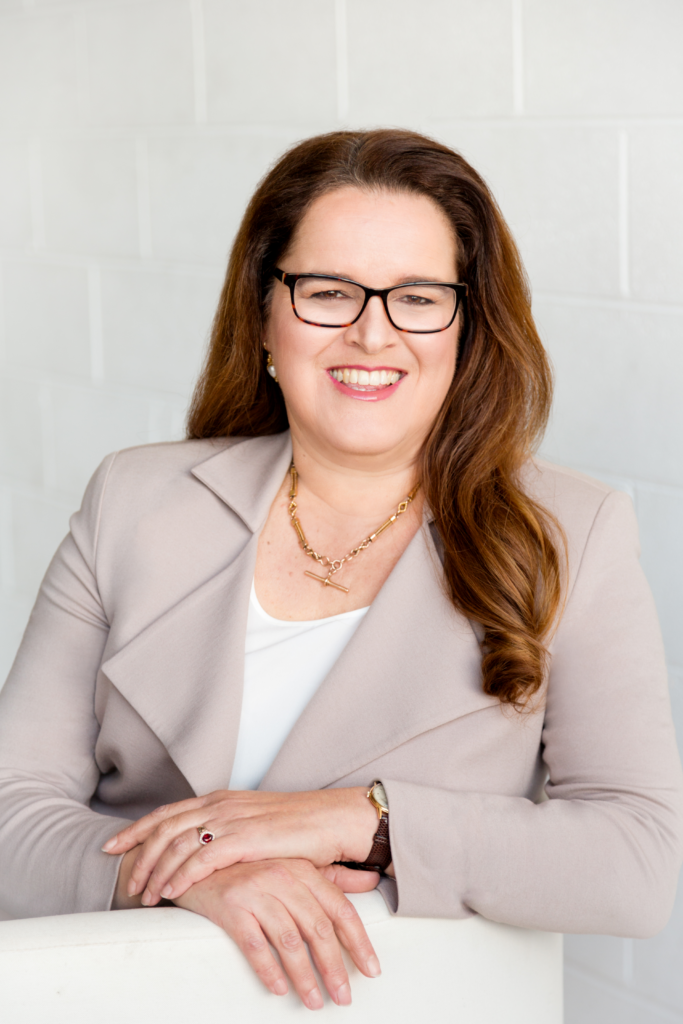
The Medical Journal of Australia’s Editor-in-Chief, Professor Virginia Barbour, said deeply ingrained biases need to be addressed.
“Even now, with improved parental and carer’s leave, the burden of family responsibilities falls on women, and this is often at a time when their career is becoming established,” Professor Barbour said.
“Normalising shared parental care, properly accounting for career breaks when careers are being assessed, is really important. The [National Health and Medical Research Council] has done important work to intentionally increase the number of women who get grants as principal investigator — that kind of funder leadership is critical.”
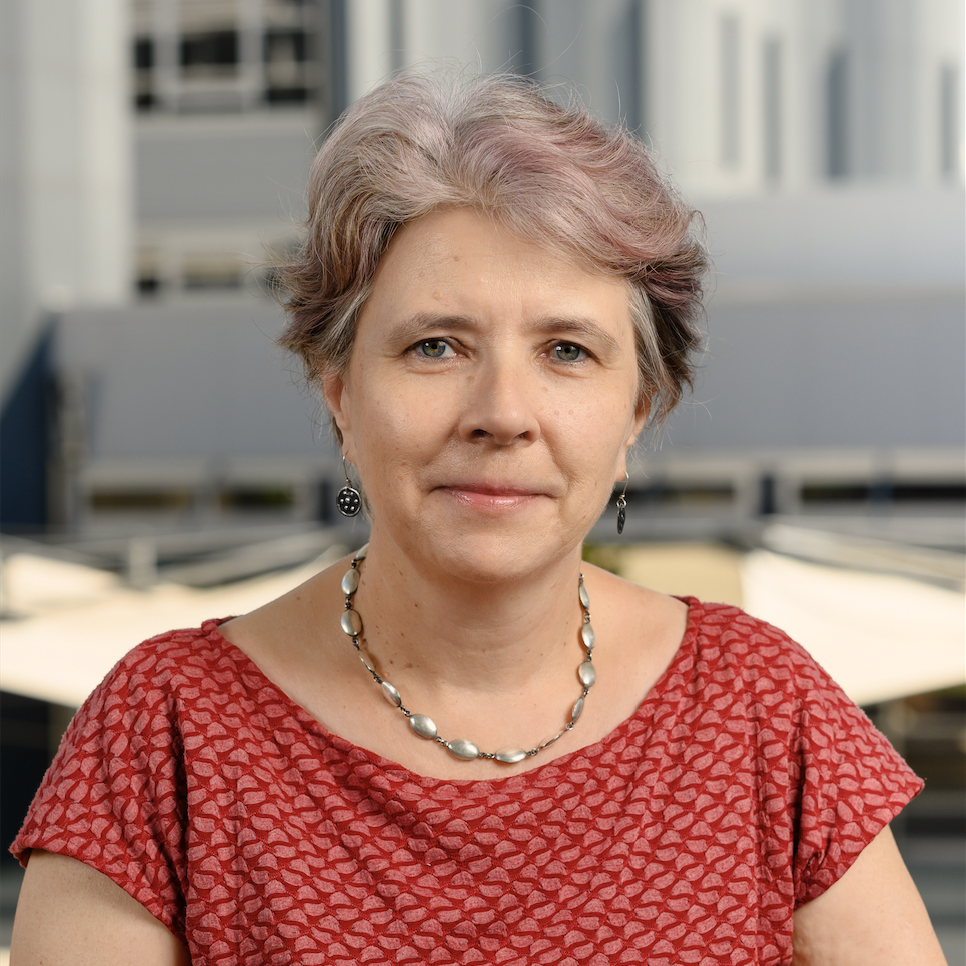
Sharing that caring load has worked in Dr Melville’s household.
“It’s a team effort in my family; I have a super supportive partner who shares the domestic load and, as a doctor himself, understands the demands of a medical career,” Dr Melville said.
“The COVID[-19] pandemic and the subsequent increase in virtual meetings definitely enabled boundaries to slip, so it’s critical I am firm with mine. I’ve learned to outsource whenever possible and affordable.”
“I like to think of work–life ‘harmony’ rather than ‘balance’, as the latter suggests that … one takes away from the other rather than them being complimentary.”
Women in leadership
Promoting female leaders is crucial to enacting change.
One study found that although women make up half of all medical students, they represent only 28% of medical deans and 12.5% of hospital CEOs.
The study highlighted cultural, structural, organisational and personal barriers that hinder women.
“These include: gender stereotypes, inadequate childcare, inflexible working hours, hierarchical structures, and a lack of appropriate training and mentoring,” they wrote.
Dr Farmer said imposter syndrome can also be a factor.
“Mediocre men have historically not hesitated at all to put themselves forward for leadership, and yet truly excellent women still doubt themselves,” Dr Farmer said.
“Have a go, do it, reflect and improve. We all start somewhere.”
Dr Farmer’s advice is to just try.
“Practise, train a bit, practise a bit more, train a bit more, practise, train, practise, train. Develop the ability to self-critique (not self-criticise) so that every activity is a learning activity. And every iteration is a little better than before.”
When asked what gives her confidence to lead, Dr Mazza said: “Through the support of my mentors and the belief they had in me”.
Although International Women’s Day is an ideal opportunity to amplify the voices of women in medicine, it needs to be discussed year-round. By understanding the complexities of gender equality and providing opportunities for support, we all can create more inclusive environments where women can thrive. After all, if women don’t have equal access to education, employment, financial services and literacy, they can’t hope to achieve gender equality.
“There are plenty of men who genuinely want gender equality, but a disturbingly large number of them think we are already there,” Dr Farmer said.
“Too many good men are oblivious. We need men in the fight with us, and have them jump on the inappropriate college who is gently and smilingly reminding us of our place. Our place is everywhere.”
Subscribe to the free InSight+ weekly newsletter here. It is available to all readers, not just registered medical practitioners.

 more_vert
more_vert